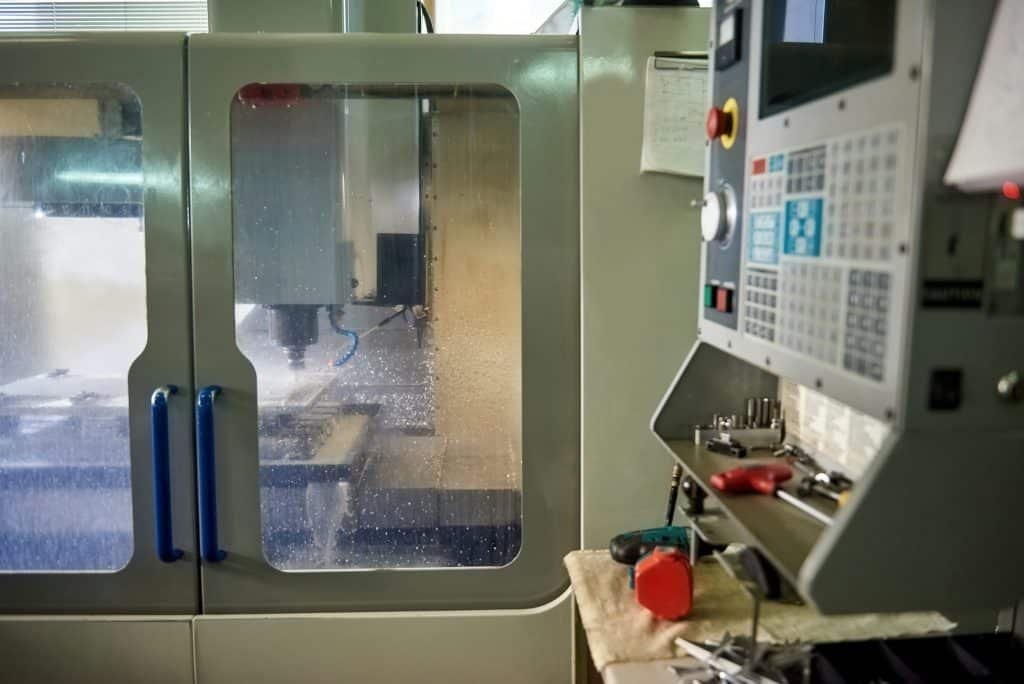Selecting the right material is a critical step in CNC machining that can significantly impact the final product¨s quality, functionality, and cost. With a wide range of materials available, understanding their properties and applications is essential to make an informed decision. This guide will help you choose the most suitable material for your CNC machining project.This is due to injection molding manufacturer Its value attribute is relatively large, and it is easy to become the backbone of the industry. https://bfymold.com
Cnc drilling machine, factory
Cnc drilling machine, factory
Understanding Material Properties
When selecting a material for CNC machining, consider the following properties to ensure it meets the requirements of your project:
Strength and Hardness: These properties determine how well the material can withstand mechanical stresses. High-strength materials like steel and titanium are ideal for heavy-duty applications, while softer materials like aluminum are suitable for lightweight and moderate-stress components.
Machinability refers to how easily a material can be cut, shaped, and finished. Materials like aluminum and brass have excellent machinability, making them popular choices for CNC machining.
Thermal Stability: Materials must maintain their properties under varying temperatures. For high-temperature applications, materials like stainless steel or titanium are preferred.
Corrosion Resistance: For applications exposed to harsh environments or chemicals, materials like stainless steel, titanium, and certain plastics offer excellent corrosion resistance.
Weight: The weight of the material can affect the performance and efficiency of the final product. Lightweight materials like aluminum and certain plastics are ideal for aerospace and automotive components.
Cost: Balancing material performance with cost is crucial. While high-performance materials offer superior properties, they can also be more expensive.